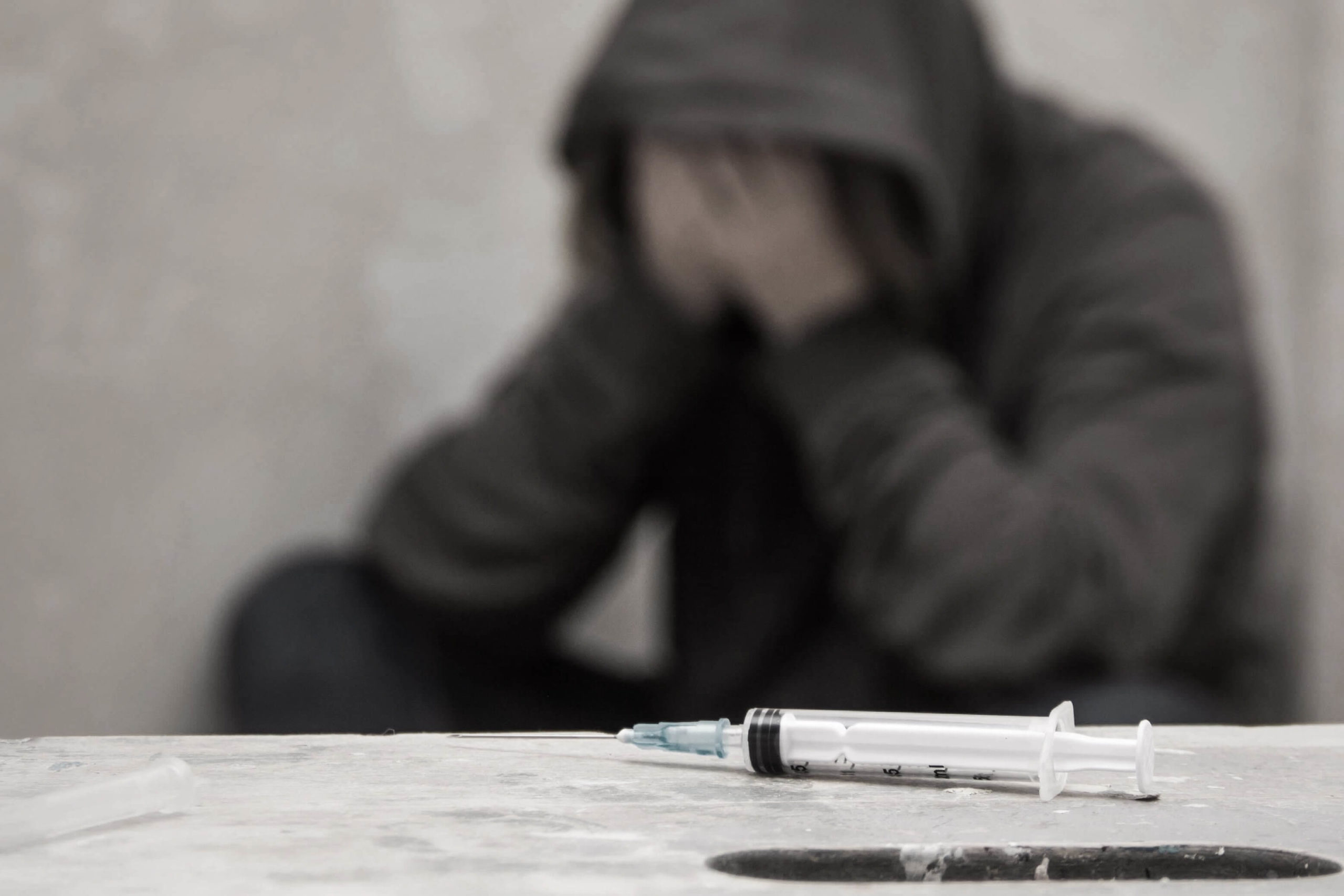Heroin is an extremely addictive opiate drug used by adults and young people in whatever economic state of life. NIDA’s 2010 survey revealed that at least 0.8% of 8th graders already use heroin. Like other opiates, heroin produces distressing emotional and physical withdrawal symptoms which are often referred to, as opiate withdrawal. To address these symptoms, a drug addict goes through heroin detoxification as an initial step to recovery.
Heroin Detox
Heroin detox refers to the process of decreasing painful symptoms of withdrawal when a heroin addict stops using the drug. It is a medically supervised detox that seeks to eradicate the toxins and chemicals in the person’s bloodstream in order to reduce withdrawal pains and drug cravings. It also seeks to restore body processes and prepare a person for other types of treatment methods incorporated in the comprehensive addiction treatment plan.
When to undergo heroin detox
If you are a heroin user, you don’t have to wait for withdrawal symptoms to occur before you decide to go through heroin detox. Heroin is an addictive substance that can cause physical and psychological harm. However, you should not try home detox kits or quitting cold turkey. It is important to consult a medical professional who can advise you about a specific type of heroin detox suited to your condition.
Opiate withdrawal occurs when you dramatically reduce or abruptly stop using opiates after using it for more than a few weeks or months. The symptoms occur because the body recovers from the absence of drugs and the physical dependence on the drugs already caused alteration in the body processes.
The following are the symptoms of heroin withdrawal than can occur in 12 hours after last dose:
- Yawning
- Sweating
- Sleeplessness
- Nervousness/ Anxiety/ Agitation
- Lacrimation ( tearing)
- Flu-like symptoms: runny nose, painful muscles
Serious withdrawal symptoms include:
- Nausea and vomiting
- Goose bumps
- Dilated pupils
- Loose bowel movement
- Abdominal cramps
Heroin addiction treatment
Heroin withdrawal is often painful, but it may not cause death. Overdose and death only occur when a person has already undergone detox and took a large dose of heroin thereafter. Aside from heroin detox, an effective treatment plan for heroin addicts includes the following:
- Counseling therapies
- Family therapy (family members are included in the treatment so that they will learn how to support the recovering addict)
- Individual therapy
- Inpatient treatment
- Intensive outpatient treatment
- Medications ( drugs are often sued to address physical symptoms of withdrawal)
- Outpatient counseling
- Physical exercises
- Relapse prevention classes (life skills training, stress management planning)
- relaxation therapy (yoga and meditation exercises)
- Self-help groups (NA and other support groups)
Consult heroin addiction professional
Some heroin addicts are unaware that they are already having symptoms of withdrawal because of flu-like symptoms. It is advisable for heroin users to contact a drug rehab center like Soba Recovery.
References:
http://www.drugabuse.gov/drugs-abuse/heroin
http://www.samhsa.gov/data/NSDUH.aspx
http://www.monitoringthefuture.org/ (University of Michigan website)



